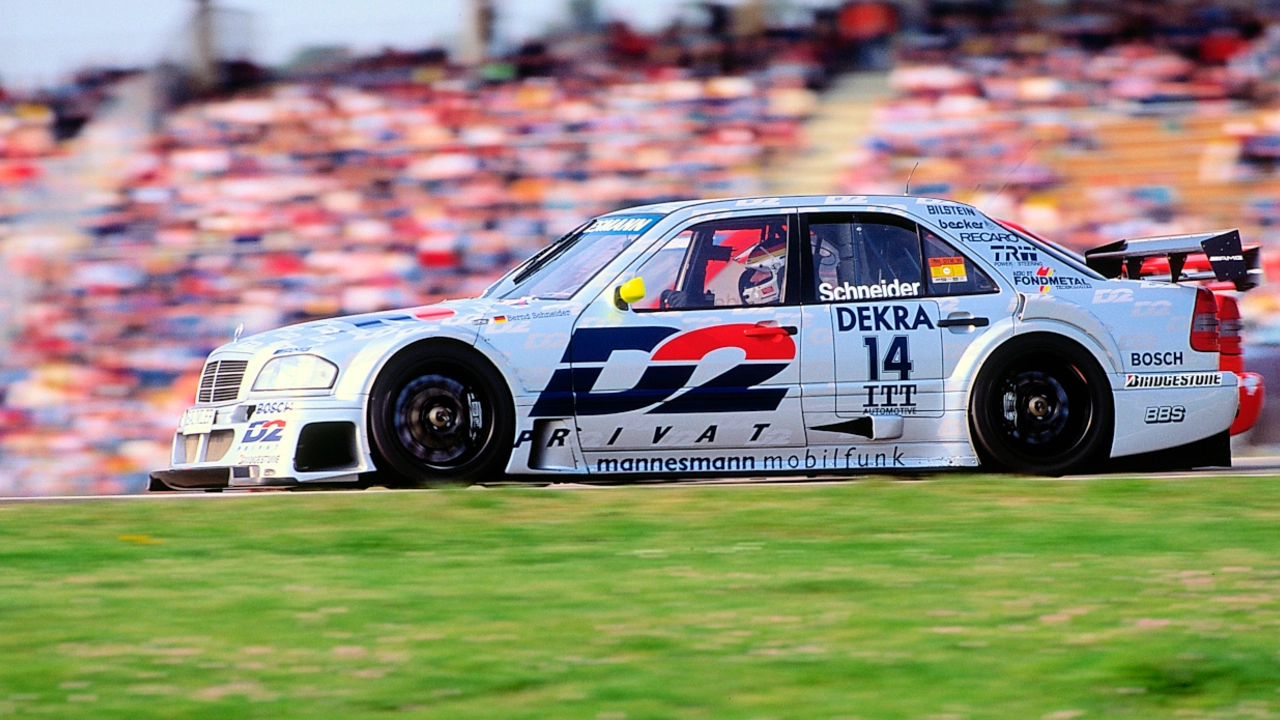The Thriller of Le Mans: Ford vs Ferrari
In 1966, Ford and Ferrari were at loggerheads in what would be remembered as one of the most thrilling moments in car racing history. Ford, determined to break Ferrari's streak at the Le Mans 24-hour race, introduced the GT40. This car was an engineering marvel, designed to push the boundaries of speed and endurance. It was a race of David vs Goliath, with Ford being the underdog.
After years of preparation and anticipation, the race started with a bang. Throughout the 24 hours, the Ford GT40s showed their prowess and durability. The final hours were tense, with the GT40s maintaining their lead. The moment of glory came when Ford secured a 1-2-3 finish, ending Ferrari's dominance at Le Mans. This victory marked a significant milestone for American car manufacturers and set a new standard in endurance racing.
The Birth of Formula 1
Formula 1 racing, known for its high-speed thrills, had its inception in 1950. The first race, held at Silverstone Circuit in the UK, was a spectacle like no other. The roar of the engines, the adrenaline pumping through the veins of the drivers, and the cheers of the crowd set the scene for what would become an iconic racing series.
The inaugural race was won by Guiseppe Farina in an Alfa Romeo. This race set the benchmark for future F1 races and marked the beginning of an era of speed, innovation, and competition. The birth of Formula 1 is a moment of great significance in car racing history, as it laid the foundation for what we now know as one of the most exciting and popular motorsports in the world.
The Intensity of the Indy 500
The Indianapolis 500, often referred to as the 'Greatest Spectacle in Racing', has given us countless memorable moments. However, none is perhaps more thrilling than the epic duel between Rick Mears and Gordon Johncock in 1982.
With just 20 laps to go, Mears was trailing Johncock. However, he gradually closed the gap, setting up a nail-biting finish. On the final lap, Mears made his move, attempting to pass Johncock. However, Johncock held on to win by a mere 0.16 seconds - the closest finish in Indy 500 history at the time. This intense, edge-of-your-seat moment encapsulates the spirit of the Indy 500 and cements its place in car racing history.
Senna's Masterclass in the Rain
Ayrton Senna, one of the greatest drivers in Formula 1 history, gave us many unforgettable moments. One of the most sensational was his masterful drive in the rain-soaked 1984 Monaco Grand Prix. In his debut season, Senna, driving a far less competitive Toleman, showcased his exceptional talent in wet conditions.
Starting from 13th position, Senna displayed extraordinary skill and determination, overtaking one car after another. Despite the race being stopped due to the heavy rain, Senna managed to finish in 2nd place. This race is often remembered as the moment the world took notice of Senna's prodigious talent and his mastery in wet conditions. It remains one of the most iconic moments in car racing history.
The Miracle of the 1976 F1 Season
The 1976 Formula 1 season was one of the most dramatic in the history of the sport, dominated by the fierce rivalry between Niki Lauda and James Hunt. Lauda, who suffered a horrific accident at the German Grand Prix, was given last rites in the hospital. However, he made a miraculous recovery, returning to racing just six weeks later.
Lauda's comeback is often hailed as one of the most courageous moments in sports history. Despite his severe injuries, he managed to finish 4th in the Italian Grand Prix. Although he ultimately lost the championship to Hunt by a single point, his determination and resilience have immortalised him in the annals of car racing history.
The Dominance of the Silver Arrows
The dominance of Mercedes in Formula 1, often referred to as the era of the 'Silver Arrows', is a defining period in car racing history. Since 2014, Mercedes has established a near-monopoly on the F1 title, with Lewis Hamilton and Nico Rosberg leading the charge.
The team's technological superiority, combined with the driving prowess of Hamilton and Rosberg, resulted in an unparalleled winning streak. The 2016 season, where Hamilton and Rosberg battled it out for the title, stands out. Their intense rivalry, coupled with the dominance of the Mercedes car, made for a thrilling season. This era of dominance is a testament to how technological innovation can shape the course of racing history.
The Unforgettable Jules Bianchi
Jules Bianchi, a promising young driver, gave us one of the most heartwarming moments in Formula 1 history. At the 2014 Monaco Grand Prix, driving for the underfunded Marussia team, Bianchi managed to finish 9th, scoring the team's first and only points in F1.
This achievement was a testament to Bianchi's skill and potential. Tragically, Bianchi was involved in a horrific accident at the Japanese Grand Prix later that year, which ultimately claimed his life. His Monaco performance remains a poignant reminder of his talent and the bright future he could have had in the sport.
The Electric Future: Formula E
Car racing is not just about the past and present; it's also about the future. Formula E, a class of auto racing that uses only electric-powered cars, represents the future of the sport. The inaugural race, held in Beijing in 2014, kickstarted a new era in motorsport.
Despite being relatively new, Formula E has already given us some memorable moments. The 2019 season finale, where Jean-Éric Vergne became the first driver to win two championships, stands out. As we look to the future, Formula E represents a new frontier in car racing, highlighting the potential of sustainable technology in motorsport.
